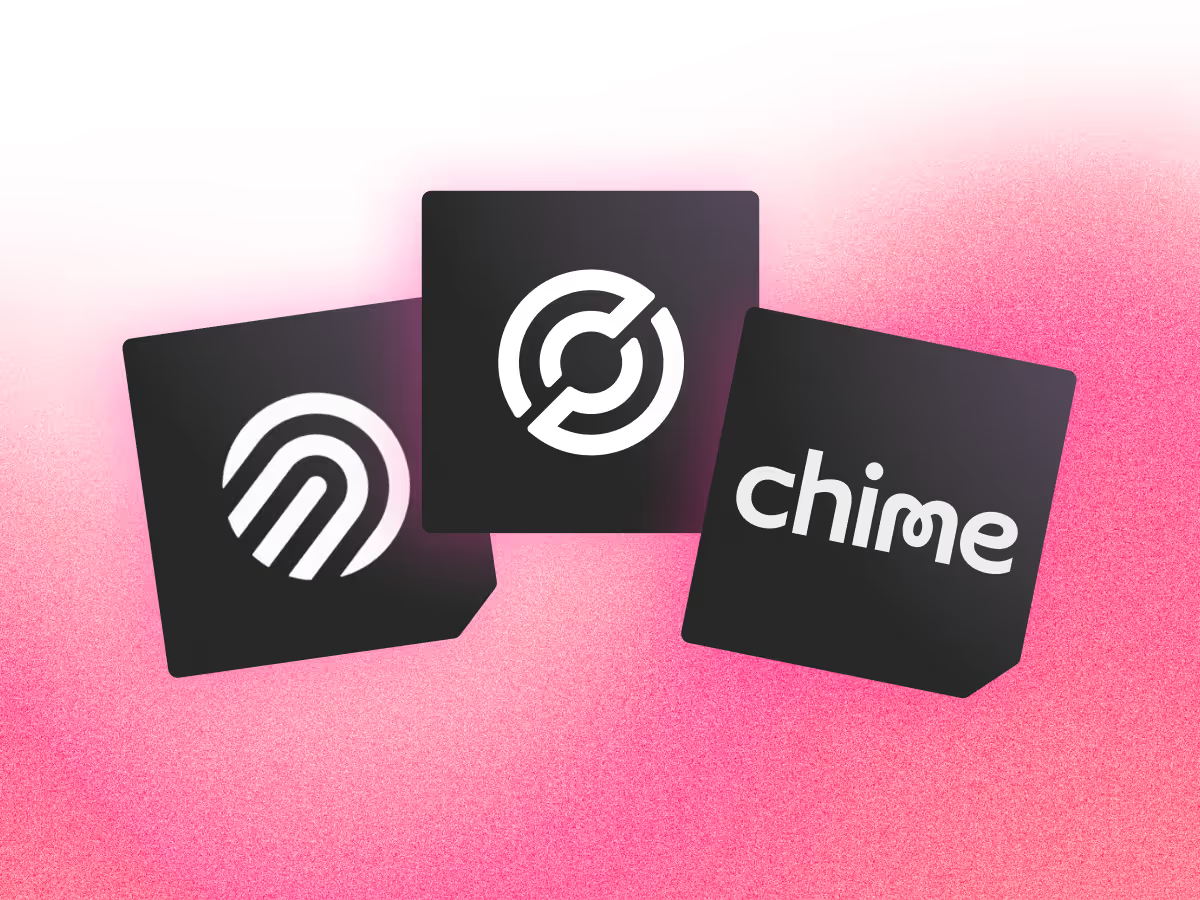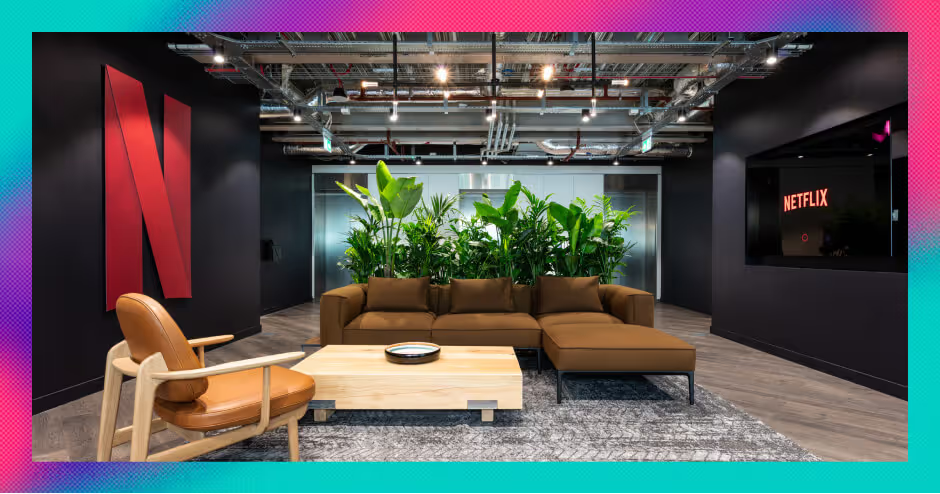Before Covid, if you wanted an online diagnosis for a medical ailment, you probably started by plugging your symptoms into WebMD. It would churn out a few different diagnoses (each more concerning than the last) and you’d find yourself marching over to your GP’s office, demanding a brain scan to confirm your impending doom.

But the pandemic has ushered in a new level of respect and necessity for digital diagnostic tools. The world of telehealth and remote testing technology is flourishing.
Technology that used to be laughed out of the room by healthcare professionals is becoming a modern-day requisite. In fact, SoftBank’s nursing-aide robot Pepper might just laugh right back.
Babylon Health
Enter Babylon Health. The London health-tech firm is eight years old, so it’s not exactly a baby. But demand for its services only really skyrocketed when the pandemic began.
Babylon’s bread and butter is its online platform connecting doctors and patients, which also integrates AI to automate and cut costs where possible.
Pre-pandemic, its platform could handle about 3,000 consultations at once. By April of last year, Babylon was serving 250,000 patients simultaneously. Today, it covers 20m patients and has facilitated 8m consultations.
Babylon’s planning to go public later this year by merging with US-based SPAC Alkuri Global. It’s pocketing £407m in proceeds from Alkuri, which it plans to use in expanding its products and reach.
Alkuri should be an especially helpful boost for Babylon as it continues to penetrate the American market, which already represents 70% of its revenue.
Immediate growth shouldn’t be all too tough, given it’s a scalable platform, and it’s already locked in partnerships with America’s Medicaid and Medicare programs across a few states.
If it can continue to grow those partnerships, there’s plenty of room to grow, with two publicly funded healthcare providers covering about 17% of the country.
Read more
The top UK dividend stocks aren’t what you think
How to pick ‘forever stocks’
Sign up to Honey, our daily market newsletter
Teladoc
Teladoc is the OG ‘GP in your pocket’ service. Founded back in 2002, it earns the crown for America’s first telehealth provider. It has about 51.8m paid members and 21.3m unpaid - which is about 30% of the whole market.
Lately, healthcare professionals have been rallying behind these kinds of apps as ‘healthcare democratisation’ tools, connecting those in rural areas with access to specialists usually in urban city centres. And while the industry was somewhat stagnant in the years pre-pandemic, telehealth’s now been ushered in with such force that it achieved scale previously anticipated to take years.
The US is essentially back to business as usual with many Americans returning to in-person medical appointments. But Teladoc’s continuing to reel in the growth, with consultations increasing by 56% to 3.2m, and revenue growth of 151% in the first quarter this year.
Teladoc recently acquired Livongo, a startup that tracks your health data and sends a little nudge to remind you how to be healthier if things start looking a little off balance. It’s particularly popular among diabetics and people with hypertension - so, those with chronic conditions.
Teladoc’s ownership of Livongo has some great synergy to it. Its GPs recommend the app to patients, and the app is covered by most healthcare plans, so they’re well equipped to secure members for life. And although it’s already got a big share of the American pie, there are still about 170m Americans left. The battle with Babylon’s on.
Stryker
So online medical care is off to the races. But the industry’s still working on a way to have a nurse place an IV line through your phone. Go beyond the glitter and gold of digital, and there is plenty of opportunity in some of the perhaps less glamorous, but undeniable essential, Medtech firms.
Take Stryker. It’s a Dividend Aristocrat with 26 years of consistently growing payouts.
With a $90.8bn market cap, it’s one of the biggest medical device companies in the world. Its online catalogue is a medical professional’s paradise - from hospital beds to surgical suction tools, you name it, Stryker has it.
In its first-quarter this year, Stryker’s net sales increased 10.2% to $4bn. While those numbers are nothing to laugh at, its margins are worth a closer look. With an operating margin of 11.6%, Stryker isn’t necessarily flashy. But what’s great about Stryker is its revenue streams are reliable and recurring.
Its all-inclusive portfolio means it’s a one-stop shop for hospitals and clinics, so it can simplify and streamline the purchasing process, and its customers tend to keep coming back. And its longstanding contracts aren’t just with hospitals, it’s got agencies from the American Department of Veterans Affairs to the US Navy locked in too.
Becton Dickinson
Becton Dickinson (BD) is banking there won’t be a canvas tote bag equivalent for disposable syringes coming to market any time soon
The US-based firm was one of the first to develop glass syringes, and that’s a great business to be in because they’re disposable, single-use products.
Reusing insulin syringes is dangerous, and at times, deadly. While diabetics who rely on syringes multiple times a day for insulin injections do tend to reuse them for affordability purposes, it’s not doctor recommended.
Bad news for landfills, but good news for filling BD’s pockets. It’s spearheading the global syringe and needle market across 50 countries, with total sales over $17bn across its portfolio for 2020.
BD’s market cap is $71.5bn, and it’s also a fellow Dividend Aristocrat, boasting 25 years of consistent payouts. In its second quarter of the year, BD reported 37.7% growth in its life sciences revenue division. That’s mostly thanks to Covid diagnostic testing sales, with the UK alone ordering 65m injection devices in July of last year.
So depending on your level of optimism, there’s reason to believe that number will dwindle going forward. But regardless if that revenue stream tapers, demand for syringes is going nowhere anytime soon, with 422m diabetics in the world relying on them for insulin administration.
Covid’s definitely shone a spotlight on the upside potential of investing in healthcare. But as alluring as some of the newer market players are, there’s no reason to discount some of the industry leaders that have stood the test of time. Looks like 1800s philosopher Ralph Emerson was on to something with his “the first wealth is health” adage.
What do you think about the investment case for Medtech? Let us know on the community forum:

Build your financial knowledge and be in a better position to grow your wealth. We offer a wide range of financial content and guides to help you get the insight you need. Learn how to invest in stocks if you are a beginner, how a stocks ISA works or how much you need for your retirement.
This should not be read as personal investment advice and individual investors should make their own decisions or seek independent advice. This article has not been prepared in accordance with legal requirements designed to promote the independence of investment research and is considered a marketing communication.When you invest, your capital is at risk. The value of your portfolio can go down as well as up and you may get back less than you invest. Past performance is not a reliable indicator of future results.Freetrade is a trading name of Freetrade Limited, which is a member firm of the London Stock Exchange and is authorised and regulated by the Financial Conduct Authority. Registered in England and Wales (no. 09797821).

.avif)



.avif)






